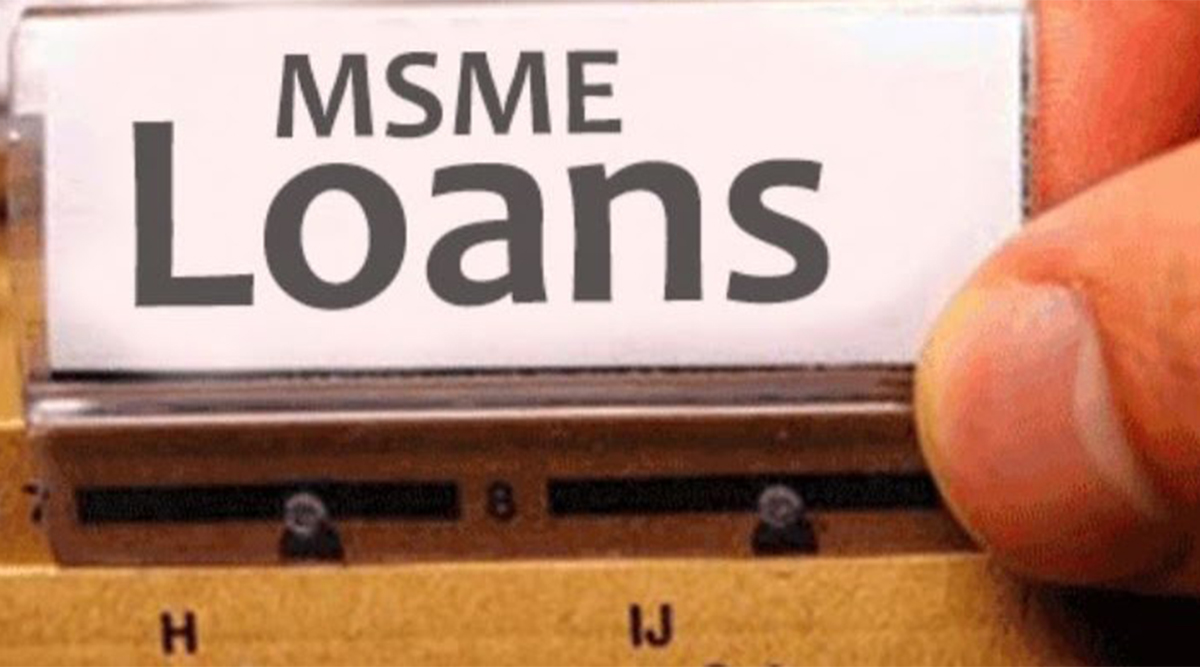Mumbai, April 24: In a bid to help the stressed micro, small and medium enterprise (MSME) sector, the State-owned Bank of Maharashtra is looking out to roll out a plan at resolving 20-25 stressed MSME accounts under the pre-packaged insolvency resolution process. The news was announced by a senior bank official, a report by PTI said. Earlier this month, the government had introduced a pre-packaged insolvency resolution process for stressed MSMEs by amending the insolvency law.
With the coronavirus pandemic, several sectors have taken a major hit. Bank of Maharashtra's general manager (credit - large and mid-corporate, MSME) Sanjay Rudra said with the outbreak of the COVID-19 crisis, the stress on hospitality, luxury retail, tour operators, lodging and restaurant operators has increased considerably. “I expect around 20-25 stressed MSME accounts to be resolved under the pre-packaged insolvency resolution regime in the coming months," he said.
Rudra said this during a webinar organised by MVIRDC World Trade Center, Mumbai and All India Association of Industries.
Here’s how to stressed MSME would benefit:
- Under a pre-packaged process, main stakeholders such as creditors and shareholders come together to identify a prospective buyer and negotiate a resolution plan before approaching the National Company Law Tribunal (NCLT).
- Rudra said under the pre-packaged insolvency resolution system, the government has given an opportunity for MSMEs to resolve their stress at an early stage while holding control over their business.
- "Now, MSMEs should maintain complete transparency in the whole resolution process to regain trust and confidence of lenders," Rudra said.
Meanwhile, AZB & Partners cofounder Bahram N Vakil said MSME promoters should file for resolution with the NCLT only after having a robust base plan. According to a report by PTI, Vakil said that if the promoters could come out with a resolution plan with a minimum possible haircut for operational creditors and if it is also acceptable to the committee of creditors, then the chances of such plans being challenged in the Swiss challenge auction are less.

















